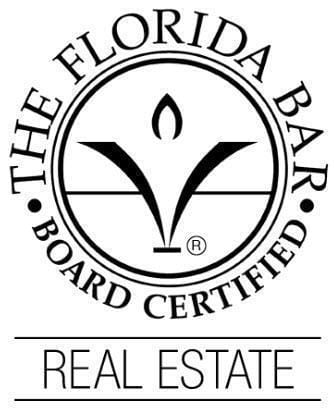FAQs About Business And Real Estate
1. What Is The Role Of A Real Estate Attorney?
Either party in a real estate transaction may hire an attorney to represent them and protect their interests in the purchase or sale. The attorney’s role can be as broad as his/her client wishes it to be. It may include the review and/or preparation of the purchase agreement and closing documents. They may review the abstract of title and obtain a commitment for title insurance. At closing, he/she can assist in making sure that all of the necessary documents are properly executed and that any sale proceeds are properly paid out and accounted for.
2. I Was Told By The Real Estate Agent Involved That I Do Not Need To Hire An Attorney Because The Contracts Are All “Standard” Forms, Is This Correct?
No. A real estate agent is experienced in filling in the blanks of the standard forms, but they are not trained in the law and cannot advise you on the legal significance or the effect of the terms in the purchase agreement. An attorney can help you understand all of the terms and conditions that are outlined in the contract before you sign.
3. The Seller Already Has A Real Estate Attorney; Do I Need My Own Attorney?
Yes. The seller’s attorney is there only to represent the seller’s interests, and what may be in the seller’s best interest may not be in yours as a buyer. The seller’s attorney has no ethical or contractual obligation to protect your interests. Your attorney is the only one who can advise you on whether the proposed terms of the contract are in your best interest, and can suggest appropriate additions or modifications to better protect you.
4. Should An Attorney Review My Purchase Agreement Before Or After I Sign It?
As with any contract, you should submit it to your attorney for review prior to signing it so that any modifications needed to protect your interests are made before you sign it, rather than after. Certainly, you would be in a better position if you review the contract with your attorney prior to signing. However, after you sign the agreement, there are still measures that can be taken to assure that the title work protects you, as well as provide assistance with other issues that may arise.
5. What Is A 1031 Exchange?
A 1031 exchange is when a property owner sells their property and reinvests the proceeds in ownership of a like kind property. If done in accordance with the rules set forth in the tax code and in the treasury regulations, they can do so without paying capital gains tax.
6. Who Should Consider A 1031 Exchange?
A person who should consider a 1031 exchange will see a gain upon the sale of the property. This usually occurs because the property has been depreciated for tax purposes and/or the property has appreciated in value.
7. What Are The Rules Or Restrictions That Must Be Followed When Considering A 1031 Exchange?
A. The property that is going to be sold, as well as the one you are going to buy, must be held for productive use in business or trade, or be for investment purposes. The real estate does not need to be the same type. You could, for example, exchange vacant land for a shopping center or an apartment building for townhouses.
B. The proceeds from the sale must go through an intermediary and not through the hands of the property owner or one of their agents. They must also be fully reinvested in the replacement property in order to achieve the maximum benefit.
C. The replacement property must carry an equal or greater level of debt in order to achieve maximum benefit.
8. Are There Any Timeline Restrictions With A 1031 Exchange?
Yes, within 45 days of the sale of the first property, you must identify the replacement property. You must take possession of the replacement property within either 180 days after the sale of the first property or the due date for the taxpayers return for the taxable year in which the transfer occurred, or an extension of that due date.
9. What Do I Need To Look For In A Replacement Property?
There are three different methods for identifying replacement properties. The first is by far the most commonly used.
A. You may identify up to three properties of any value as a replacement.
B. You may identify any number of properties, but the total identified cannot exceed 200% of the value of the first property.





